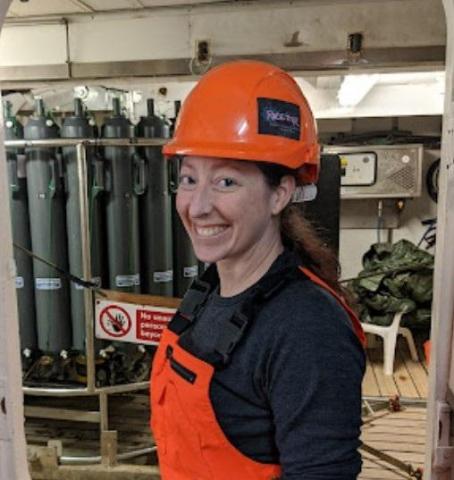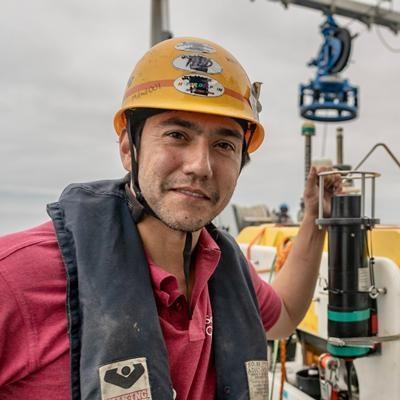About the project
Autonomous underwater vehicles (AUVs) are becoming increasingly widespread in ocean science as sensor platforms that can measure the oceans with minimal human input and maximum efficiency (and hence reduced carbon footprint). Furthermore, they can explore environments that are inaccessible to humans for practical or safety reasons, such as under sea ice or around marine-terminating glaciers.
AUVs come in a range of different sizes. Micro-AUVs (e.g. ecoSub, Seaber, NemoSens) are small enough to be operable by a single person. Their small size means they are much cheaper and can be deployed in much larger numbers - increasing the amount of data that can be potentially acquired. Their small size places strict requirements on sensor size and power consumption however. This problem is especially acute for sensors for measuring ocean chemistry and other biogeochemical parameters.
This project looks at new sampler/sensor technology for micro-AUVs that enable biogeochemical measurements. You will explore how micro-AUVs can be used as tools to measure ocean biogeochemistry, practically trialling them and assessing their efficacy.
In particular the project will exploit two new technologies developed within the University: Firstly new water samplers that can be fitted to the smallest micro-AUVs, capable of collecting discrete water samples at predetermined points. This is the first sampler system developed for micro-AUVs. Secondly, optical sensors well suited to micro-AUVs because of their small size and low power draw. These can currently measure trace concentrations of methane and we expect additional parameters to come online during the PhD, including carbon dioxide and nitrous oxide.
This is a multidisciplinary project, and would be suitable for a candidate with a good undergraduate degree in oceanography, environmental sciences, mechanical engineering, or chemistry. You must be curious and willing to engage with the other academic disciplines. You will be trained on any and all practical skills you require as well as the softer skills (e.g. project and time management, scientific writing) required to complete a PhD.
In practice you will be required to: test sampler/sensor operation and performance in the lab to rigorously assess field worthiness and potential improvements; undertake local deployments to trial and validate the technology; make improvements where required and produce spare samplers for field deployment. We will target a final polar deployment supported by NERC-funded ship time - the relative low cost of micro-AUVs makes them excellent candidates for work at marine terminating glaciers and sea ice where ice fall is a risk.


